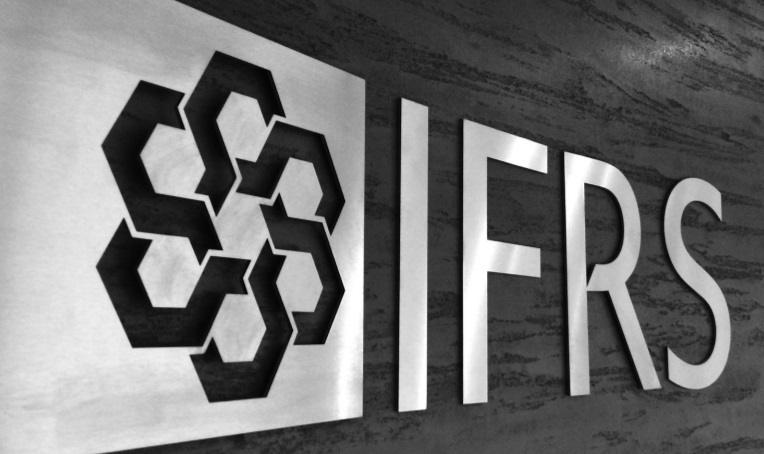The IFRS Foundation’s International Sustainability Standards Board (ISSB) announced today the publication of new exposure drafts, focused on proposed amendments to its sector-focused SASB sustainability reporting standards.
The Sustainability Accounting Standards Board (SASB) was founded in 2011 with a mission to establish industry-specific ESG disclosure standards for companies, designed to enable investors to assess the materiality of reported sustainability information, and to compare companies on these metrics on a global basis. SASB was consolidated into the IFRS Foundation’s International Sustainability Standards Board (ISSB) in 2022. The SASB standards also form a source of industry-based guidance for the ISSB’s sustainability and climate reporting standards IFRS S1, and IFRS S2, with companies required to “refer to and consider the applicability of” the SASB standards when applying ISSB Standards.
The SASB standards cover 77 industries, providing industry-specific disclosure guidance on sustainability-related risks and opportunities.
The ISSB initially announced plans to enhance the SASB standards as part of its 2024 – 2026 work plan, unveiled last year.
The new exposure drafts include a comprehensive review of nine industries that were identified as priorities for the update, including extractive sectors such as oil and gas, metals and mining, construction materials and coal operations, as well as the Processed Foods SASB Standard from the Food & Beverage sector, and also includes alignment in some metrics for 41 industries on topics including Water Management and Workforce Health & Safety. The drafts also include proposed updates to Industry-based guidance on implementing IFRS S2 related to the updated sector reviews, aimed at maintaining alignment with climate-related content in the SASB standards.
According to the ISSB, the new proposals offer the first opportunity for IFRS Foundation stakeholders to provide comprehensive input on the cost-effectiveness and decision-usefulness of the SASB standards. The exposure drafts are open for comment until November 30.
The ISSB said that in addition to engagement with investors, preparers and subject matter experts, the development of the proposed enhanced SASB standards also included frequent engagements with the Global Reporting Initiative (GRI), EFRAG and the Taskforce on Nature-related Financial Disclosures (TNFD), with particular attention paid to improved alignment and interoperability with the other sustainability reporting standards and to international applicability.
The ISSB said that it intends to finalize the proposed enhancements in 2026, and that it aims to publish exposure drafts of proposed enhancements for three additional SASB standards, including Electric Utilities & Power Generators and two in the Food & Beverage sector later this year, and that it will also consider a further set of industries to prioritize for enhancements.
Sue Lloyd, ISSB Vice-Chair, said:
“SASB Standards are widely used voluntarily and are an important source of industry-based guidance for those using the ISSB Standards. This comprehensive review for nine industries further aligns the language and concepts in the SASB Standards with the ISSB Standards. For our stakeholders, this is the first noteworthy opportunity to weigh in comprehensively on the content of the SASB Standards in the context of the ISSB Standards.”
Click here to access the exposure drafts and consultation.

